Rain garden better than woods?
cpacker
11 years ago
Related Stories

FURNITURE6 Decades-Old Designs That Look Better Than Ever
After getting a few nips and tucks, some favorites from the ’60s and ’70s have made a stylish comeback
Full Story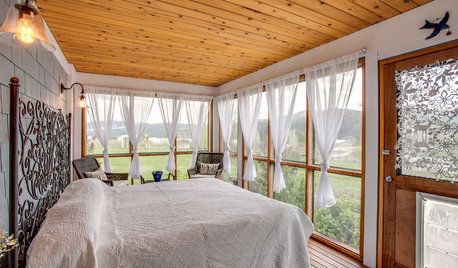
GARDENING AND LANDSCAPING11 Ways to Make Your Sleeping Porch Even Better
Turn off that air conditioner and tune in to the delights of slumbering in the nighttime breeze
Full Story
GARDENING GUIDESLearn the Secret to Bigger and Better Roses
Grow beautiful roses using both ordinary and unusual soil amendments
Full Story
GARDENING FOR BUTTERFLIES3 Ways Native Plants Make Gardening So Much Better
You probably know about the lower maintenance. But native plants' other benefits go far beyond a little less watering and weeding
Full Story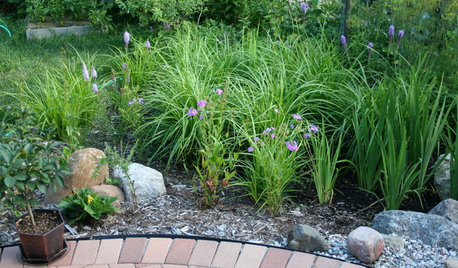
LANDSCAPE DESIGNHow to Site and Size a Rain Garden for Your Landscape
Installing a rain garden is an excellent way to reduce runoff and return water to its source
Full Story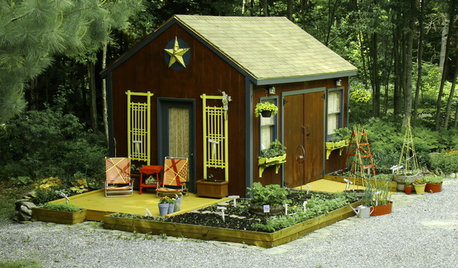
GARDENING AND LANDSCAPINGDig This Garden Shed Makeover for Less Than $300
New paint, accessories and raised vegetable beds turn a drab outpost into a colorful charmer
Full Story
COLOR8 Ways to Rev Up Your Garden Color With More Than Just Plants
Bring energy and excitement to your outdoor space by going bold with color, from small touches to big changes
Full Story
COMMUNITY15 Ways to Make Your Neighborhood Better
Does your community lack ... well, a sense of community? Here's how to strengthen that neighborly spirit
Full Story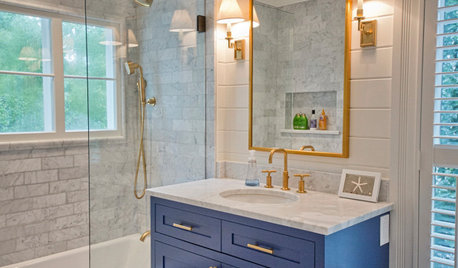
BATHROOM DESIGN12 Designer Tips to Make a Small Bathroom Better
Ensure your small bathroom is comfortable, not cramped, by using every inch wisely
Full StorySponsored
Central Ohio's Trusted Home Remodeler Specializing in Kitchens & Baths
More Discussions






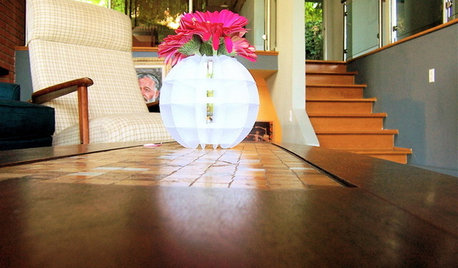





rosiew
tanowicki
Related Professionals
Londonderry Landscape Architects & Landscape Designers · 70037 Landscape Architects & Landscape Designers · Elwood Landscape Architects & Landscape Designers · Essex Landscape Architects & Landscape Designers · Zion Landscape Architects & Landscape Designers · Chelmsford Landscape Contractors · Kearny Landscape Contractors · Melrose Park Landscape Contractors · Middle River Landscape Contractors · Overland Park Landscape Contractors · Pleasanton Landscape Contractors · Shoreview Landscape Contractors · Miami Decks, Patios & Outdoor Enclosures · Westfield Decks, Patios & Outdoor Enclosures · Wildomar Decks, Patios & Outdoor EnclosurescpackerOriginal Author
inkognito
duluthinbloomz4
drtygrl
denninmi
nandina
Brad Edwards
cpackerOriginal Author
rosiew
cpackerOriginal Author